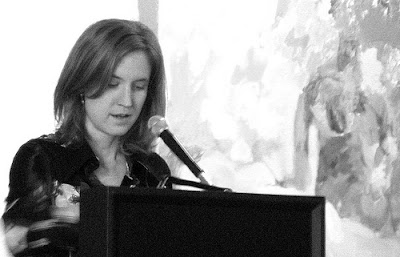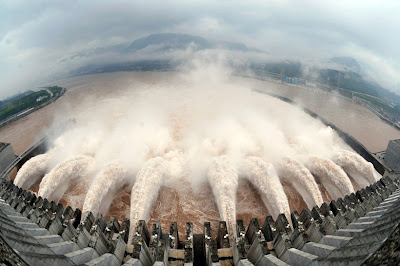A list of opposites adjectives, some blogs, a multidisciplinary exploration of concepts to decline in people and things, constantly referring to material culture and history, in order to create a network of intercultural relationship.
This is what they have tried to make the students of the master's degree in eco-design of the Politecnico di Torino, led by Professor Vittorio Marchis, within the course Hystory of Material Culture.
Light / Dark
Cooked / Raw
Straight / Curved
Hard / Soft
Wet / Dry
Dark / Refractory
Large / Small
Waterproof / Porous
Wide / Narrow
Liquid / Solid
Smooth / Rough
Long / Short
Heavy / Light
Full / Empty
Regular / Irregular
Resistant / Weak
Rigid / Flexible
Robust / Fragile
Natural / Artificial
Sharp / Rounded
Transparent / Opaque
Fast / Slow
New / Used
Thick / Thin
This is what they have tried to make the students of the master's degree in eco-design of the Politecnico di Torino, led by Professor Vittorio Marchis, within the course Hystory of Material Culture.
@ Visit Vittorio Marchi's Hystory of Material Culture blog
@ Explore students blogs:
Hot / ColdLight / Dark
Cooked / Raw
Straight / Curved
Hard / Soft
Wet / Dry
Dark / Refractory
Large / Small
Waterproof / Porous
Wide / Narrow
Liquid / Solid
Smooth / Rough
Long / Short
Heavy / Light
Full / Empty
Regular / Irregular
Resistant / Weak
Rigid / Flexible
Robust / Fragile
Natural / Artificial
Sharp / Rounded
Transparent / Opaque
Fast / Slow
New / Used
Thick / Thin









